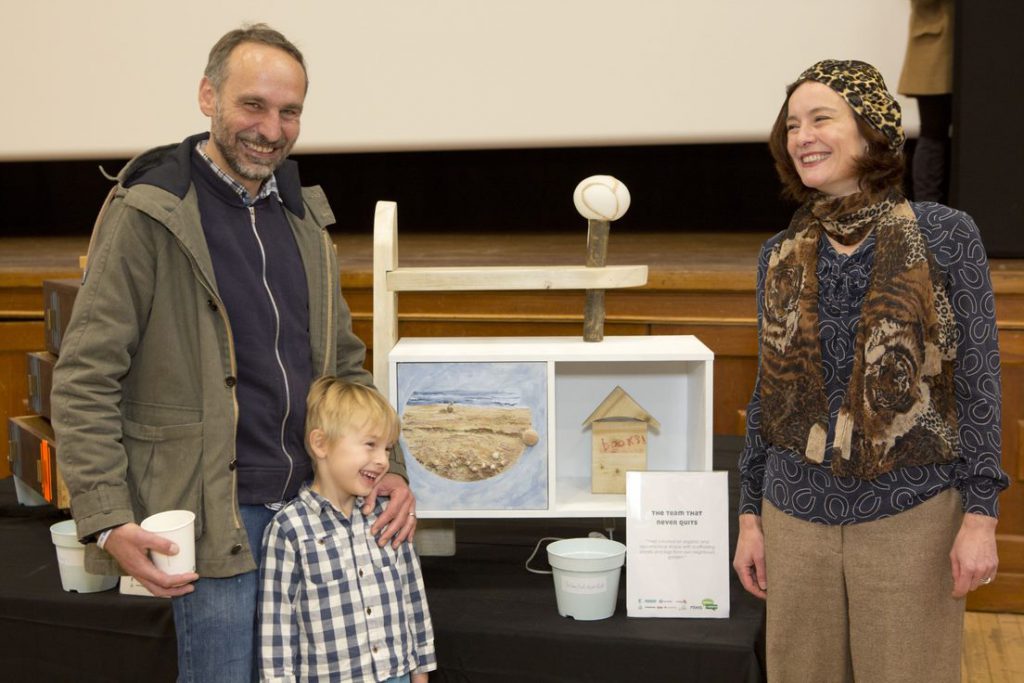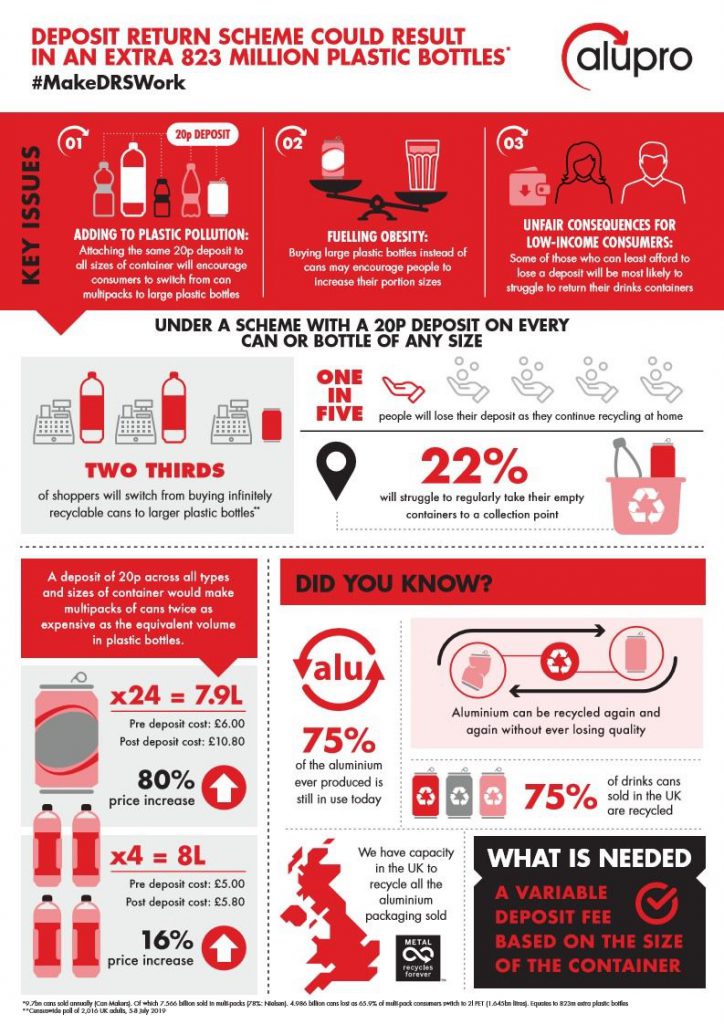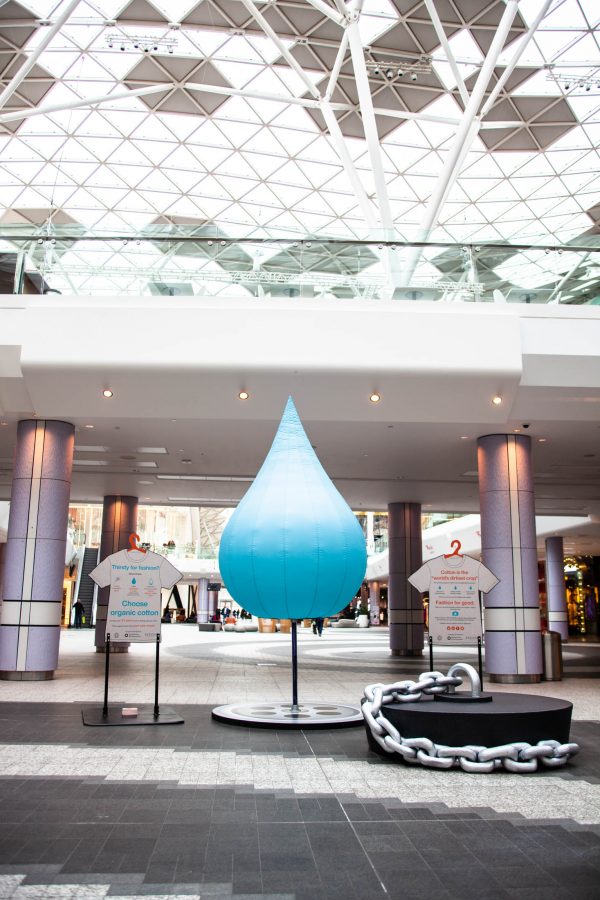More than a quarter of us have vowed to waste less Christmas food this year as a way of protecting the planet, new research released today by the environmental charity Hubbub has found.
UK homes produce on average seven million tonnes of food waste each year, while food waste is responsible for 11% of global greenhouse gas emissions. Almost a third of us admit we throw away more food at Christmas than at any other time, but this year 29% of us are adamant that our Christmas shopping will be kinder to the environment than ever before.
A poll of more than 3,000 UK adults found that over a third of us (38%) are planning, for the first time, to buy only food we need this Christmas. Some 31% of us are intending to use up, for the first time, all our festive leftovers. Those polled said David Attenborough’s Blue Planet TV series, unseasonal weather and the declaration of a climate emergency had influenced a change in their Christmas shopping habits this year.
Party food, sprouts and roast potatoes are the festive foods we’re most likely to throw away, with turkey and gravy close behind, the survey found.

A staggering 11% of us admit we have bought Christmas food that has gone off and been binned before Christmas day. Meanwhile, more than one in six of us end up throwing out festive food that has been sitting on the side because we’re worried it’s been out of the fridge for too long.
Tessa Tricks, Head of Food at Hubbub, said: “It is hugely encouraging to see how Christmas food shopping habits are changing this year. Christmas needn’t be any less fun when we cut down on our festive waste. In fact, it’s the opposite – this is a challenge all our family and friends can get involved in. Food waste, particularly at Christmas time, is a massive contributor to climate change and yet with a few simple steps we can dramatically reduce how much we throw away.”
Hubbub’s top ten tips to cut your food waste this Christmas:
- Plan ahead – only buy enough food for the meals you’ll be cooking and the guests who will be there, and check expiry dates when you’re shopping
- Avoid panic buying ahead of the bank holidays – the shops are only closed for three days!
- If you’re having turkey, choose the size carefully – how big was last year’s and how much did you throw away?
- Make room in your freezer in the run up to Christmas so you have plenty of storage space and check out Hubbub’s helpful guide to what food you can freeze – it’s more than you think! https://www.hubbub.org.uk/12-freezer-friendly-foods
- If you’re short of fridge space at this time of year, take advantage of the cold weather and consider keeping fruit, veg and drinks fresh in a cool box outside, or even in your car boot
- Don’t overdo how much food you put out at one time if you’re entertaining buffet-style, and put leftovers away in the fridge rather than leave them out overnight and ending up binning them
- Check your fridge before travelling away from home and freeze or pass on any food that will be out of date by the time you get back
- Try out apps, such as OLIO, to share food with those nearby, as well as family and friends
- Remember that food might still be eaten after its best before date – check it looks and smells OK. Food past its best can still be enjoyed in other ways, like a healthy home-made soup to get you back on track after the excesses of Christmas
- Before you reach that point where you can’t take any more leftover turkey, cook up a batch of stew or curry and freeze it for January











 Check out the
Check out the 






 Customers can visit the Borough Market/Good Sixty online ordering page to check postcode eligibility for electric bike delivery, or choose to use the click and collect service.
Customers can visit the Borough Market/Good Sixty online ordering page to check postcode eligibility for electric bike delivery, or choose to use the click and collect service.
